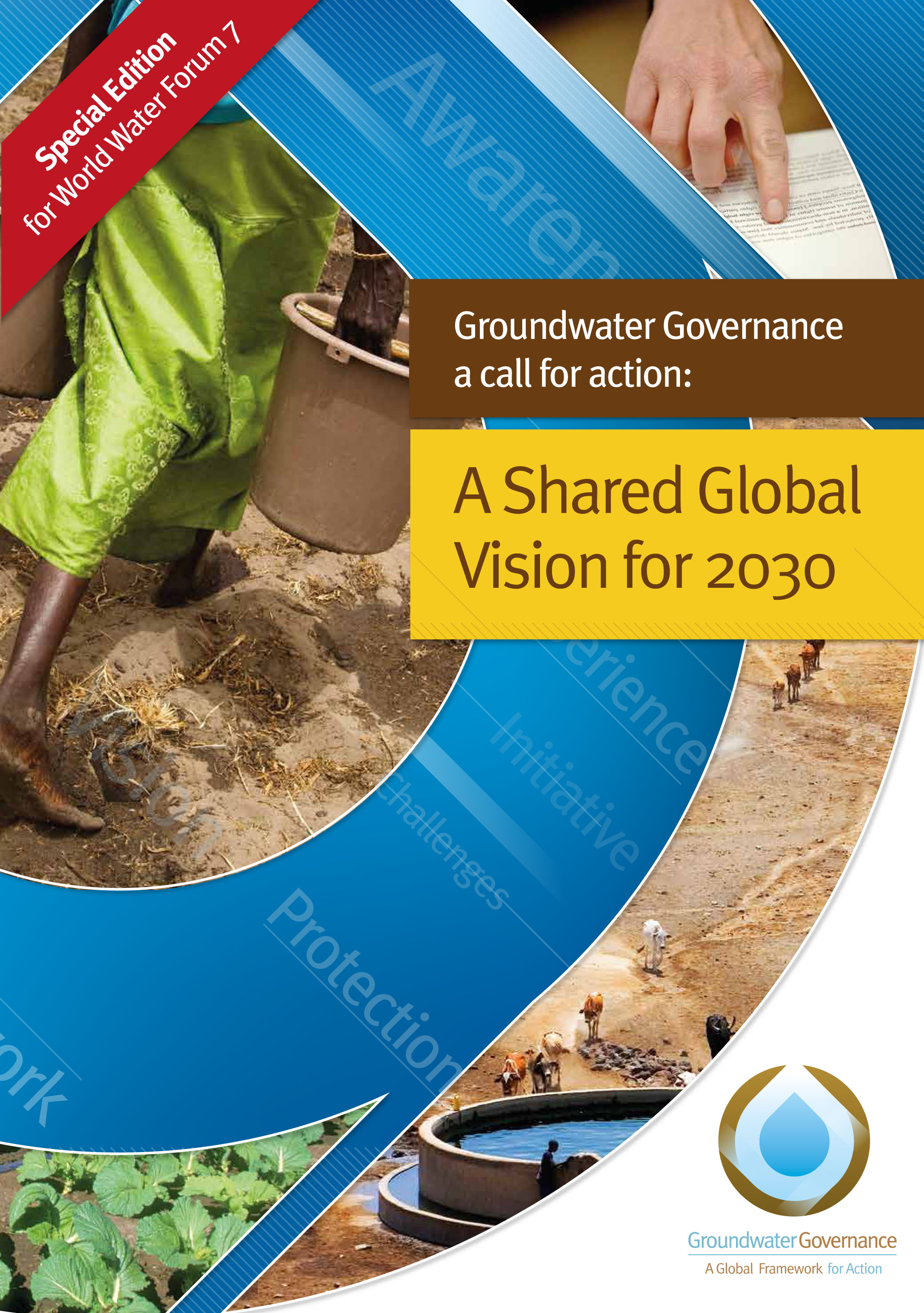ID :
364185
Mon, 04/20/2015 - 10:28
Auther :
Shortlink :
https://oananews.org//node/364185
The shortlink copeid
FAO urges action to avoid groundwater depletion

TEHRAN, Apr. 20 (MNA) – Food and Agriculture Organization of the United Nations (FAO), UNESCO, the World Bank, GEF and the International Association of Hydrogeologists called for action by the global community to manage the increasingly urgent depletion and degradation of limited groundwater resources.
The five organizations have proposed a set of principles governments can use for better groundwater management. The 2030 Vision and Global Framework for Action represent a bold call for collective, responsible action by governments and the global community to ensure sustainable use of groundwater.
The amount of renewable groundwater is unevenly distributed across regions. Some areas, especially those with low rainfall, are at risk more than others. Withdrawal intensity is highest in large parts of China, India, Pakistan, Bangladesh, Iran, the United States, Mexico and Europe. This could result in lost freshwater reserves at a time when groundwater storage is critical for sustaining water security and adapting to climate variability.
FAO estimates that the per capita fresh water availability in the Near East region has decreased by two-thirds over the past forty years and will probably decrease by another 50% by 2050.
Similar to other countries located in the Near East region, Iran uses over 90 % of its water resources for agriculture. About 55 percent of the cultivated land in the country is irrigated by groundwater.
For too long, groundwater governance has been an area of policy neglect, resulting in the degradation and depletion of this critical resource.
Global groundwater withdrawals have tripled over the past half century - more than a fourth of current withdrawals are non-sustainable. Widespread groundwater pollution is threatening humans and the environment. Most urban aquifers suffer from sanitation issues while coastal aquifers are exposed to saline water intrusion. Industrial pollution, pesticides and fertilizers also find their way into reservoirs.
Groundwater is indispensable to poverty reduction and shared prosperity. It accounts for more than a third of municipal and industrial supply and services some 40 percent of the planet's irrigated agriculture. Groundwater has the potential to provide an improved source of drinking water for millions of urban and rural poor people. Many poor farmers and their families depend on it to irrigate their crops and sustain their livelihoods.
FAO meanwhile announced readiness to help Iran in addressing this top priority and in assisting the nation to produce more food while using less water, build resilience to cope with droughts and apply clean water technologies that protect the environment.





